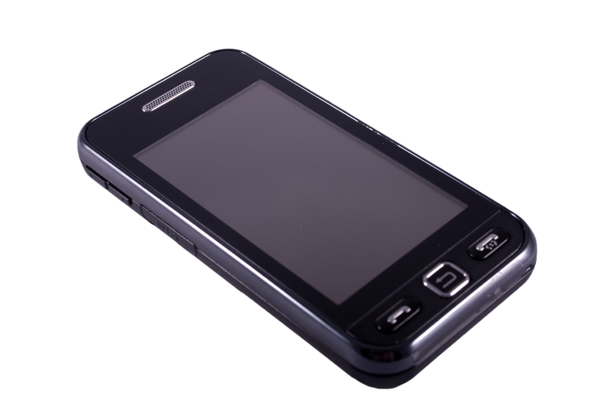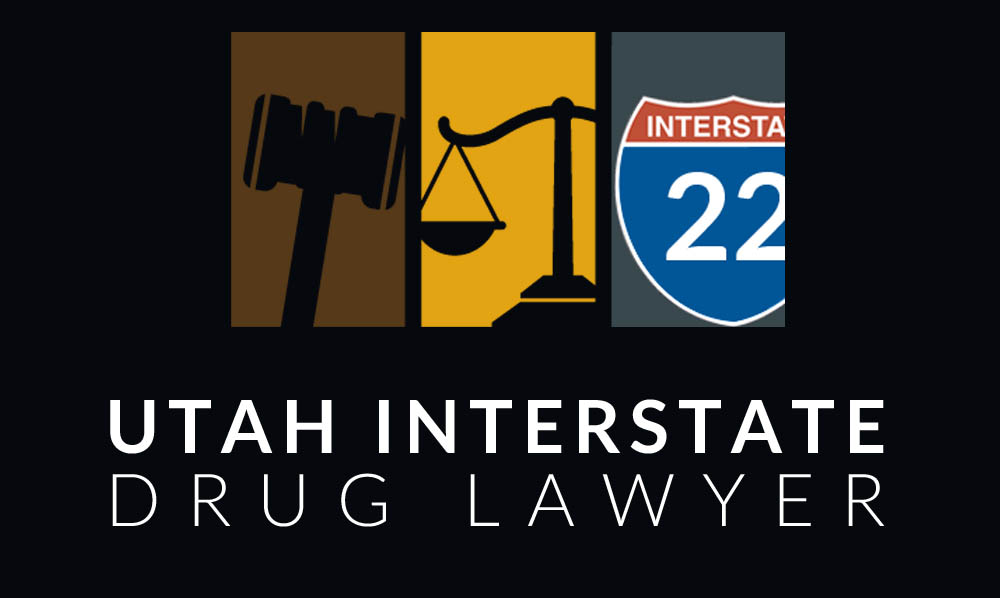If you are purchasing drugs over a cell phone, and trying to prevent a mobile phone drug arrest, an ounce of prevention is worth a pound of cure. You may need to take some vital cellular phone security measures because law enforcement has been known to use all evidence at their disposal, even cell phone data.
It occurs frequently– a police officer grabs your phone and begins scouring through your text messages to see who your dealer is. With no consideration for your personal privacy, many men and women of the police force will just respond to a telephone call or even send out texts to try and make some more offenses and or another drug bust.
Recently, the Supreme Court has established that cell phone data is protected and the police officials should have a warrant to search your mobile phone. Anything else is in direct violation with the United State Constitution’s Fourth Amendment.
“Modern cellphones are not just another technological convenience,” wrote Chief Justice John Roberts. “With all they contain and all they may reveal, they hold for many Americans ‘the privacies of life.’ The fact that technology now allows an individual to carry such information in his hand does not make the information any less worthy of the protection for which the Founders fought.” For police who believe they need to have access to a suspect’s gadget, Roberts had one simple instruction: “Get a warrant.”
Exceptions are in some cases made to constitutional protections. This is due to the seriousness of the ongoing drug war. Most judges will always be on the side of the government. Not all cops follow the rules. Just because the Supreme court said police must now change the way they do their duties doesn’t mean they will– or at least not immediately. One must also take into consideration that most snitch deals are never prosecuted and a police official may look at your phone anyway just to see who is in your network of friends and colleagues without meaning to use the evidence against you.
Warning, first a disclaimer: a warrant and a skilled forensic technologist can find practically anything on your IPhone, IOS, Android device; however, with the right settings/apps/common sense you may be able to make it through most situations (i.e. traffic stops and common police encounters) without implicating yourself in more difficulty than the initial detention.
So, what is a law-abiding civilian like yourself ought to do if a policeman tries to snoop on your phone without a warrant? Here’s what:
Deny Consent
If a law enforcement officer starts to search your mobile device, politely and agreeably inform the police official that his search is in violation of the Constitution under the court’s Riley decision (Riley v. United States is the name of the court case that triggered this new search warrant rule.) Don’t end there. If apprehended, you should constantly explain to the arresting officer and any nearby eye witness that you do not consent to this search. This helps ensure that there is no doubt or ambiguity about whether you’ve allowed the search. You don’t need to be in a situation where there’s any uncertainty.
If you’re not under arrest– let’s say, you got pulled over for a busted tail light– then you are not obligated to consent to a search of your cell phone, your automobile, or your person.
Don’t Get Disorderly
Do not physically resist a policeman or try to actually stop the search. In a situation like this one, you have no power, and you’re just going to make the situation even worse. If an officer considers to search your mobile phone even if you did not consent, your best option is to let him or her do this, but take note of the identities of the police officers conducting the search and then consult with a lawyer. This fight can be settled in the courtroom.
Make Use of a Password
A password is the bare minimum you have to keep nosy people away from your data. It may be a annoying to log into your mobile phone every time you wish to do something, but if you don’t want your family, friends, and meddling police snooping, it’s best to make use of a password. As discussed above, the police officials have no qualms about reading your sms messages and setting up your friends in a fake drug bust.
Encrypting Your Phone
Encryption turns your cell phone data into gibberish, rendering it completely meaningless. When you power on your cell phone, you’ll need to enter the encryption PIN or password, which is the same as your phone’s lock-screen PIN or password. Your phone utilizes your PIN or password to decrypt your data, making things understandable again. If someone doesn’t know the encryption PIN or password, they can’t view your data.
Keep Your Texts Clean
You should be very cautious if you get an unknown text from someone who you have no idea that brings up drugs. Always believe that the source of a suspicious text is the authorities. If you are not 100% sure who is texting you, do not respond. If you are mostly sure and it’s about something potentially illegal, don’t respond. As specified many different times throughout this blog, the authorities can use your friend’s cellular device to bust you– and they will.
Texting Apps With Privacy Features
There are a large number of apps and programs available that will instantly delete texts off of the receiver’s mobile phone. Texts are forever, and the statute of limitations for drug cases are typically a few years.
Also consider a VPN, which will hide your IP address and keep your online activity a mystery. Lots of people prefer to use them for public Wi-Fi safety, and the added bonus is it will make advertiser tracking more challenging.
The Catch
Despite the solid privacy safety and securities established in the court’s Riley decision, police officers still can search your mobile device without a warrant in a couple of situations. These are called “exigent circumstances,” and include abduction of a child, suspecting a person is in imminent harm, or that there is some impending threat of evidence elimination. Fortunately those kinds of circumstances can be very rare.
If your rights have been violated and you need assistance, contact a talented and experienced Utah attorney that has secured a strong track record and who has vast understanding of how to look after your constitutional rights.
Recent Posts
- How To Get The Best Interstate Drug Trafficking Lawyer in Murray WY
- How To Get The Best Interstate Drug Trafficking Lawyer in Logan WY
- How To Get The Best Interstate Drug Trafficking Lawyer in Millard County WY
- How To Get The Best Interstate Drug Trafficking Lawyer in West Jordan WY
- How To Get The Best Interstate Drug Trafficking Lawyer in Cache County WY

